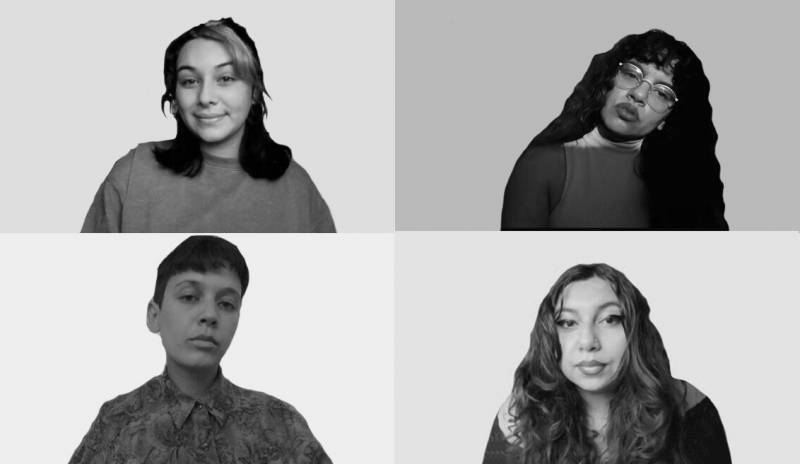Although it’s been four months since California’s economy reopened and a week since the state pandemic eviction moratorium ended, things haven’t gone back to “normal” for artists struggling to catch up from over a year and a half of lost income.
“It’s like, OK, well, we’re getting vaccinated and we’re going back to work, so everything should be OK now,” says Oakland fiction writer, painter and musician Jianda Monique. “[But] no, it just doesn’t work like that.”
Monique makes a living between her work as an artist and odd jobs like dog walking, and she’s struggled to find stability since March 2020. A fellowship at the San Francisco Public Library’s James C. Hormel LGBTQIA Center fell through at the beginning of the pandemic. (Her start date of March 17, 2020 was the day the Bay Area began sheltering in place, and the program was put hold indefinitely.) Making matters more difficult, an error she made on her unemployment application rendered her ineligible for aid and forced her to pay back the EDD. And when she finally landed a job at a nonprofit, she made the difficult decision to quit a few weeks later because of racism at the organization.
“I usually would endure those types of things, but I think just because of the chain of things that happened, and my not having health or therapeutic resources or community to help with all of these things, eventually they add up,” she explains. “I just don’t have the capacity to stay and put up with it.”

Now Monique is applying to jobs and fundraising on GoFundMe to cover her living expenses. She used up her savings to support herself during this period of unemployment, and is currently on the waitlist for Alameda County’s rent relief program.
Advocates and mutual aid organizers say that low-income artists across California, and the country, are facing similar predicaments. Brittani Escobedo, program manager for Sweet Relief Musicians Fund, has seen an uptick in COVID-19 relief applications at her nonprofit since federal unemployment benefits ended in early September.
“Honestly, we see a lot of people who are very scared of being evicted,” Escobedo says. “I can’t tell you how many applications we get where musicians are having to sell off their music equipment just to make rent, to avoid homelessness.”
Since the pandemic began, Sweet Relief has given out 2,231 grants to help musicians cover rent, bills, medical expenses, food and other life essentials. The fund is still accepting applications for aid and donations from those who want to help.



